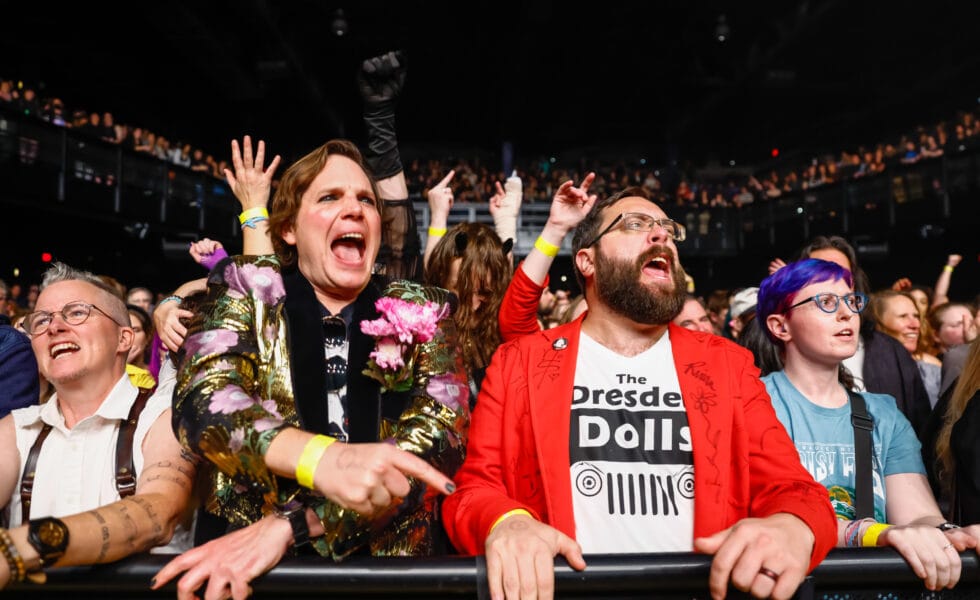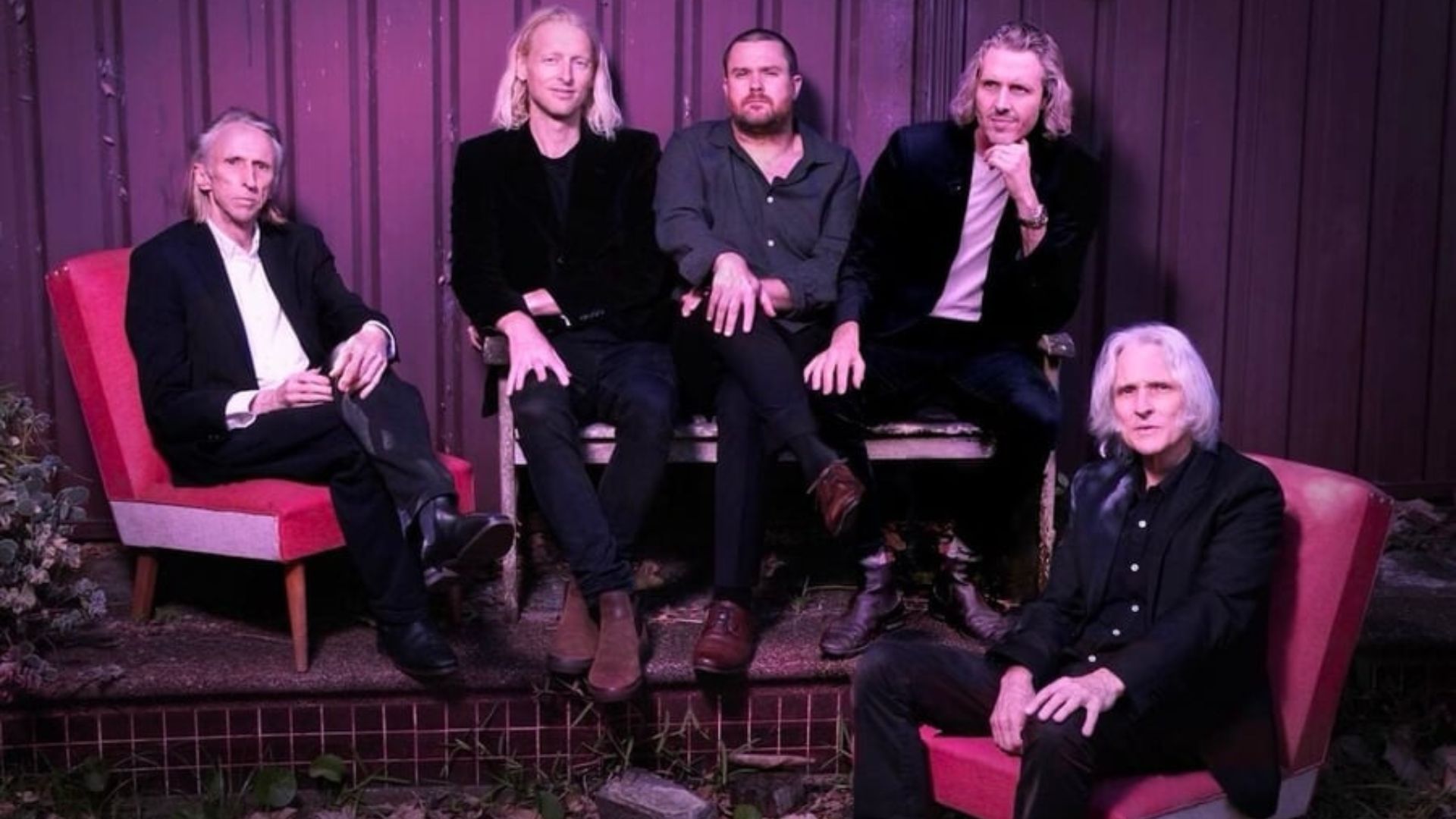Ever wondered why live music feels so electrifying? A neuroscientist has broken down the brain science behind our love for concerts in a viral social media post.
Dr. Nas, a neuroscientist with a focus on dementia research, has built a large following for sharing brain-related insights on Instagram. In a recent video titled “The Neuroscience of Concerts”, Dr. Nas revealed why our brains react so strongly to live music. According to him, brain imaging research shows that our brains respond more intensely to live music than recorded tracks.
“Live music will activate entire brain networks,” Dr. Nas explains. These networks involve processing emotions, experiencing pleasure, and even re-triggering memories. The more emotionally charged the music is, the stronger the brain’s response. This explains why concerts often feel so immersive — it’s not just your ears hearing the music, it’s your entire brain lighting up.
Another factor is unpredictability. Dr. Nas notes that our brains thrive on surprises, which is why live performances, with their spontaneous moments, engage our brains differently from recorded music. Unlike a song that sounds the same every time you play it, live music is ever-changing, making each moment unique.
“So next time you go to a concert, remember,” Dr. Nas says, “it’s not just your ears listening — it’s your whole brain tuning in to create a one-of-a-kind experience.” So, next time you’re at a gig, know that your brain is having its own kind of party, reacting to the music in ways that a simple playlist could never match.
It turns out the magic of concerts is deeply rooted in how our brains process live music as it unfolds before our eyes. It all comes down to science — and that’s why we love it.
See the full clip below.






